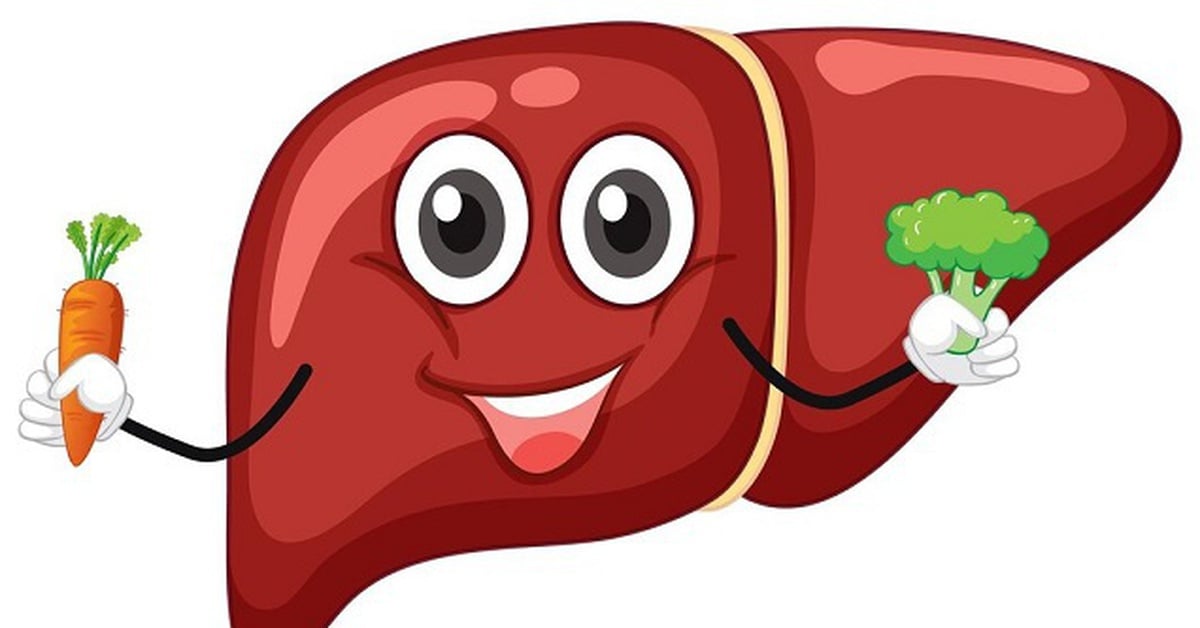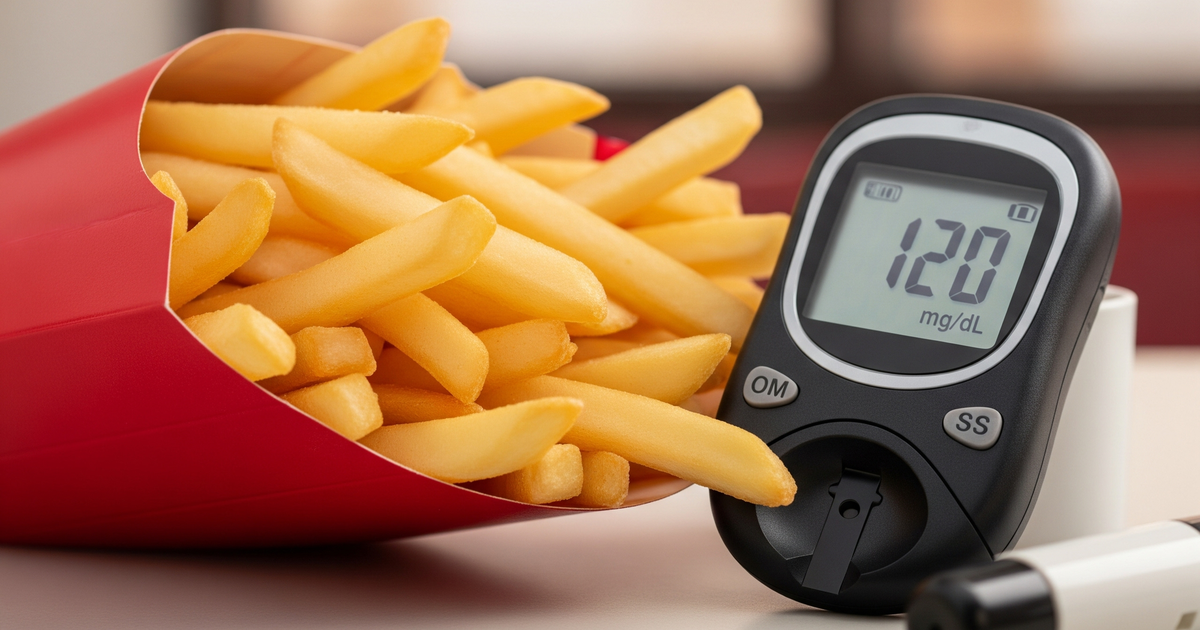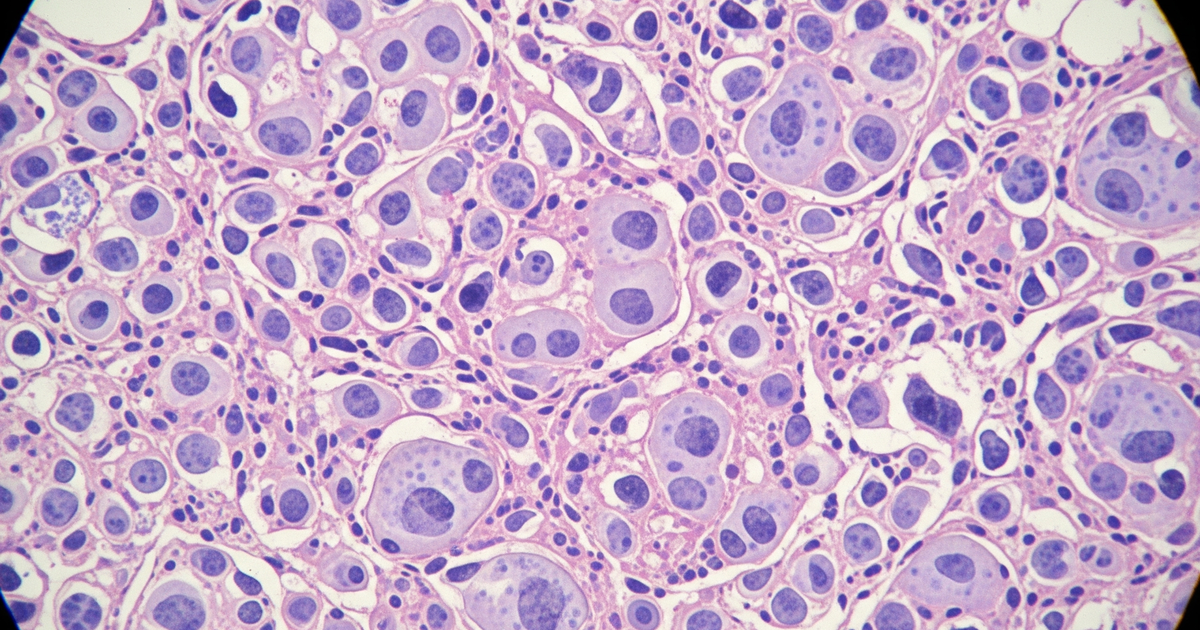Don't skip breakfast, eat a Mediterranean diet with lots of green vegetables, choose foods rich in magnesium, drink coffee... are beneficial in preventing type 2 diabetes.
Type 2 diabetes occurs when the body does not produce enough insulin or does not use insulin properly. Insulin is a hormone produced by the pancreas that helps stabilize blood sugar levels. Blood sugar levels can also be affected by the foods a person eats. Here are five dietary strategies combined with an active lifestyle to help you prevent this disease.
Full breakfast
Breakfast is the most important meal of the day. A 2015 meta-analysis from the Huazhong University of Science and Technology in China, involving more than 100,000 participants, found that people who skipped breakfast had a 15-21% higher risk of developing type 2 diabetes than those who ate breakfast regularly.
Everyone should have a balanced breakfast to best control weight, regulate blood sugar and insulin, and provide nutrients. A healthy meal usually has 5 ingredients: vegetables, lean protein, good fat, and a small portion of healthy starch, herbs and spices. You can try an omelet with vegetables, herbs, avocado, combined with fresh fruit. A smoothie made with kale, almond butter, berries, ginger and cinnamon is also very healthy.
Eat foods rich in magnesium
Magnesium is a mineral that is important for heart, nerve, muscle function and bone structure. It also helps prevent type 2 diabetes. Compared with the lowest intake of magnesium (less than 50 mg per day), the highest intake of magnesium (from 150 mg per day) can reduce the risk of type 2 diabetes by 22% in a study by the Hospital of Nanchang University (China) in 2020.
A cup of cooked brown rice, a cup of beans, 1/2 cup of cooked spinach or three bananas have about 100 grams of magnesium. The best way to get magnesium is to choose foods like avocados, beets, whole grains, beans, dried figs, prunes, papaya, nuts, dark chocolate...
Eat a Mediterranean diet
The Mediterranean diet has been linked to a number of health benefits, including reducing the risk of cancer and keeping your heart healthy. It may also help prevent type 2 diabetes. Men and women at high risk of heart disease in a study were randomly assigned to eat one of three diets: a Mediterranean diet supplemented with extra virgin olive oil; a Mediterranean diet supplemented with nuts; or a low-fat, control diet.

Eating lots of green vegetables, healthy fats, and limiting red meat... is good for your health. Photo: Freepik
Researchers at the University of Barcelona (Spain) found that, among more than 3,500 people, the low-fat diet group had the highest number of type 2 diabetes diagnoses (101 new cases). The group with the lowest incidence was the group following a Mediterranean diet supplemented with extra virgin olive oil.
The Mediterranean diet is healthy with plenty of olive oil, fruits, vegetables, whole grains, legumes; moderate amounts of red wine; dairy products, fish; minimal red meat.
Add dark green leafy vegetables to your meals
Controlling weight and blood sugar levels are ways to prevent this disease. Low-calorie foods can help control weight, while low-carb foods can help ensure that blood sugar levels do not get too high. Dark green leafy vegetables do not have many calories or carbs. They also contain some vitamins and minerals such as vitamins A, C, E, K; iron, calcium, potassium.
People can incorporate dark leafy greens into their meals to increase their intake. For example, chop kale and add it to oatmeal with berries or other fruits, add spinach to omelets, prepare salads, or add salmon to broccoli.
Drink coffee
After reviewing 28 previous studies involving more than a million people, researchers from the Harvard School of Public Health (USA) and the National University of Singapore found that coffee drinkers may reduce their risk of type 2 diabetes by more than 33% compared to non-coffee drinkers. According to the researchers, it did not matter whether the coffee was caffeinated or decaffeinated. The effects were seen in both men and women in the US, Europe and Asia.
Kim Uyen (According to Health )
Source link




![[Photo] General Secretary To Lam attends the 80th anniversary of Vietnam's diplomacy](https://vstatic.vietnam.vn/vietnam/resource/IMAGE/2025/8/25/3dc715efdbf74937b6fe8072bac5cb30)










































































































Comment (0)